AWS, Microsoft, and Google see massive cloud opportunities in Japan - here’s why
AWS’ bid to expand infrastructure in Japan will see it it invest over $15 billion, but it’s not the only hyperscaler that has its eye on big gains in the country
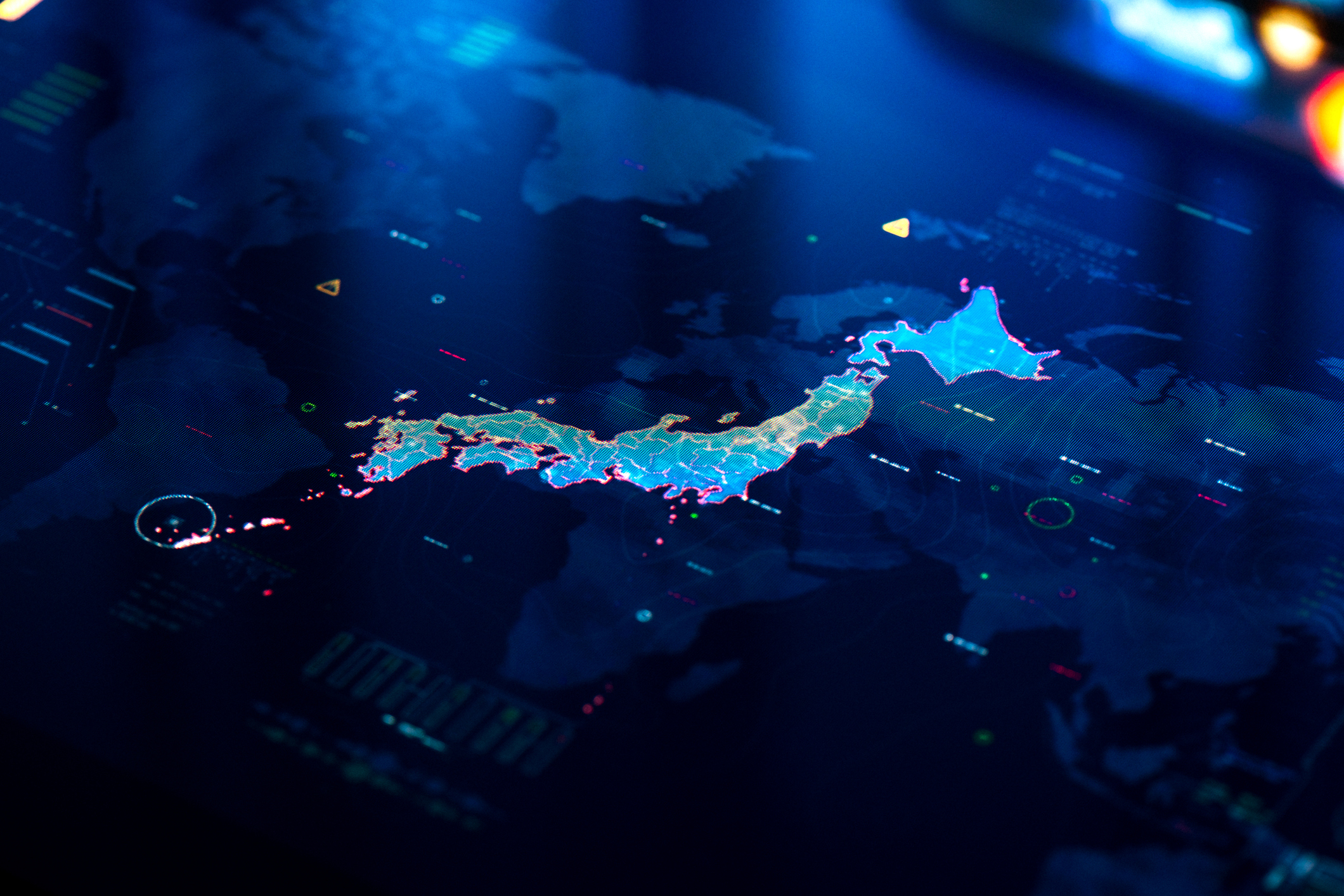

AWS has announced it will invest $15.5 billion in Japan to expand its data center portfolio in a move that analysts say is indicative of a wider rush to meet surging demand in the region.
With its latest major investment, the cloud computing giant is looking to capitalize on the anticipated explosion in generative AI.
AWS made its first major foray in Japan in 2011, unveiling data centers in the Tokyo area. Since then, the hyperscaler has added to this offering with the opening of an Osaka region in 2021, which it said at the time was due to high demand for data infrastructure in the country.
Between 2021 and 2022, AWS invested nearly $10.2 billion in Japan to shore up its infrastructure, signaling it expects considerable demand for data-intensive computing tasks to continue for some time.
READ MORE
AWS already provides digital infrastructure solutions designed for generative AI applications for a number of large enterprise customers in the region, including the Asahi Group, Marubeni, and Nomura.
In October 2023, the firm's flagship generative AI service, dubbed Amazon Bedrock, was also made available in the Asia Pacific (Tokyo) AWS region.
Amazon Bedrock provides users with access to a variety of foundation models that customers can privately customize and fine-tune using their internal data in order to create bespoke AI tools tailored to their business needs.
Get the ITPro daily newsletter
Sign up today and you will receive a free copy of our Future Focus 2025 report - the leading guidance on AI, cybersecurity and other IT challenges as per 700+ senior executives
Speaking to ITPro, Gartner VP analyst Wataru Katsurashima said growing enterprise demand for data infrastructure will have made this investment a welcome announcement.
“AWS is the market leader in Japan's IaaS market, with a wide range of customers ranging from large enterprises to small and medium-sized enterprises. This announcement of this major investment has been generally welcomed by various organizations in Japan.”
Katsurashima also noted the cloud giant’s strong relationship with domestic authorities.
“AWS has a very good relationship with the Japanese government, and Mr. Hirai, who was the first digital minister of the Japanese government, was present at AWS’s press conference,” Katsurashima said. “Mr. Hirai gave a short presentation and said that Japan's ruling Liberal Democratic Party welcomed this investment.”
AWS isn’t along in targeting big gains in Japan
AWS is not the only member of the big three western hyperscalers looking to capitalize on growing demand in Japan. Microsoft and Google Cloud, both fierce competitors in the global cloud computing space, also appear to view the country as ripe with opportunities.
Google opened its first Japanese data center in 2023, with the Inzai data center beginning operations in March as part of a $730 million investment in infrastructure first announced in October 2022.
Microsoft, meanwhile, has had the longest cloud infrastructure presence in the country with its first two data centers hosting Windows Azure cloud services coming online in February 2014.
Microsoft also recently signed its first power purchase agreement (PPA) with Shizen Energy to provide renewable energy for its data centers in October 2023.
The virtual PPA will see Microsoft procure renewable energy from a 25 MW capacity solar farm in Inuyama CIty, Aichi Prefecture.
RELATED RESOURCE

Become more knowledgeable about AI
The Asian market appears to be an enticing one for cloud infrastructure vendors with elevated AI adoption rates compared to other global regions.
Furthermore, Katsurashima said to the cloud market growth rate in the Asia Pacific and Japan (APJ) region is higher (24.3%) than in the Americas (17.9%) and EMEA (20.3%), making APJ a “key region for continued growth for hyperscale cloud provider”.
Japan in particular is one of the fastest growing countries in the APJ region, he added.
“The cloud market growth rate in Japan is the 2nd largest in APJ (after China), making Japan an important country for hyperscale cloud providers. Japan's total cloud market is expected to reach more than $37 billion in 2027.”
Mark Kidd, executive vice president and general manager of data center management company Iron Mountain, told ITPro more investment should be expected as the hyperscalers try to drastically expand their capacity to capture the soaring demand for AI solutions.
“We know that the boom in Generative AI will require large quantities of data center capacity. This could mean that by 2030 the world will require 500-1000% more capacity than we currently have."
Kidd noted the attention these firms are paying to sustainability concerns as users continue to demand increased capacity and compute speeds.
“However, with the ceaseless human demand for better, faster digitalisation, and data volumes expected to grow exponentially year on year for the foreseeable future, data center operators and its customers have an opportunity and responsibility to ensure that 'more data' doesn't mean 'more emissions'.”

Solomon Klappholz is a former staff writer for ITPro and ChannelPro. He has experience writing about the technologies that facilitate industrial manufacturing, which led to him developing a particular interest in cybersecurity, IT regulation, industrial infrastructure applications, and machine learning.
-
 Should AI PCs be part of your next hardware refresh?
Should AI PCs be part of your next hardware refresh?AI PCs are fast becoming a business staple and a surefire way to future-proof your business
By Bobby Hellard
-
 Westcon-Comstor and Vectra AI launch brace of new channel initiatives
Westcon-Comstor and Vectra AI launch brace of new channel initiativesNews Westcon-Comstor and Vectra AI have announced the launch of two new channel growth initiatives focused on the managed security service provider (MSSP) space and AWS Marketplace.
By Daniel Todd
-
 Google shakes off tariff concerns to push on with $75 billion AI spending plans – but analysts warn rising infrastructure costs will send cloud prices sky high
Google shakes off tariff concerns to push on with $75 billion AI spending plans – but analysts warn rising infrastructure costs will send cloud prices sky highNews Google CEO Sundar Pichai has confirmed the company will still spend $75 billion on building out data centers despite economic concerns in the wake of US tariffs.
By Nicole Kobie
-
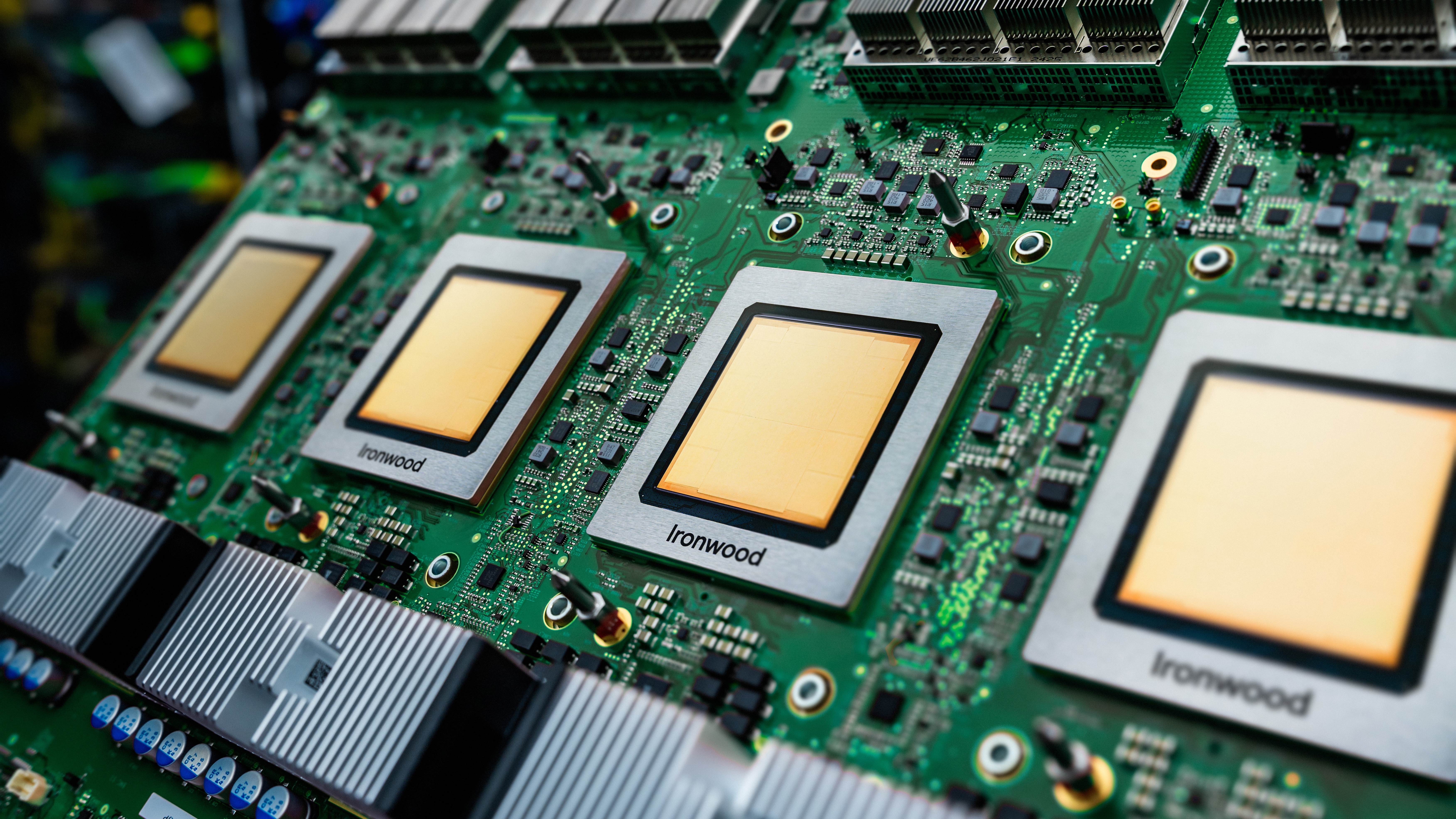 Google Cloud announces major computing boost with Ironwood chip, new hypercomputer upgrades
Google Cloud announces major computing boost with Ironwood chip, new hypercomputer upgradesNews Google has announced a new chip intended for AI inference, which it says is more powerful and better for AI requirements but also far more energy efficient.
By Rory Bathgate
-
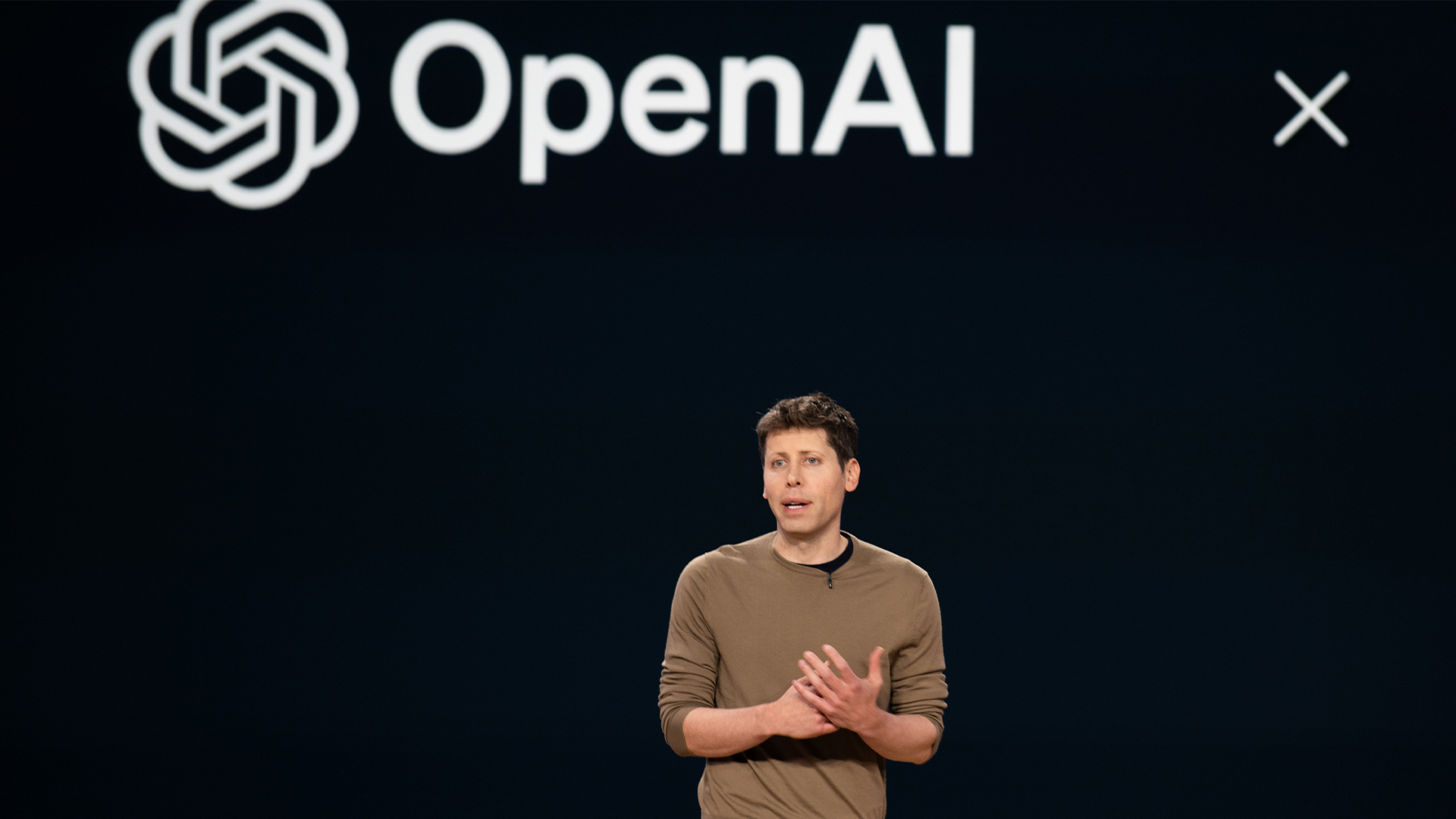 OpenAI inks $12bn CoreWeave deal in latest move away from Microsoft
OpenAI inks $12bn CoreWeave deal in latest move away from MicrosoftNews Cloud infrastructure company CoreWeave will supply OpenAI with infrastructure to run the firm's latest models in a deal worth nearly $12 billion.
By Nicole Kobie
-
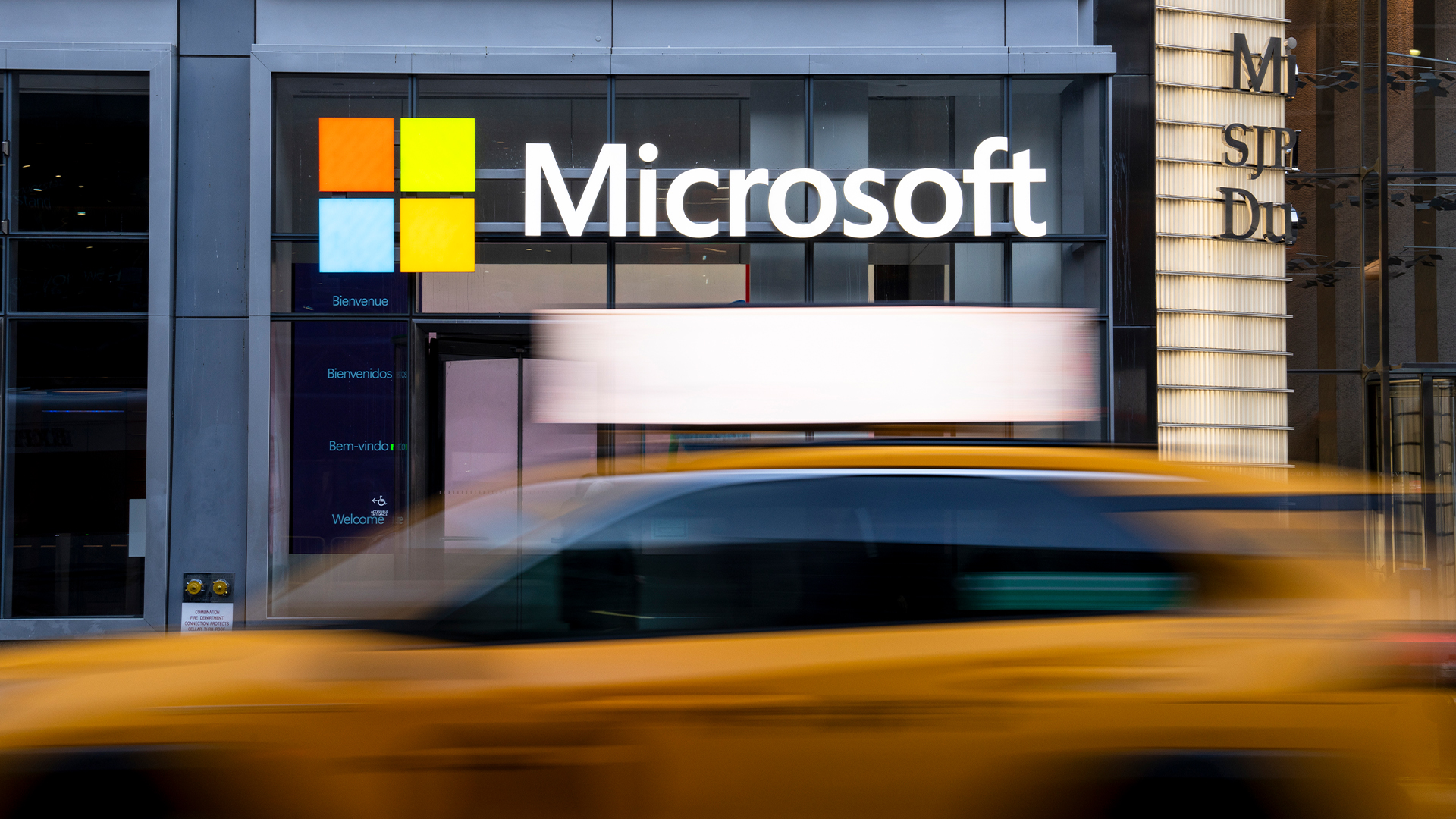 Analysts think Microsoft's data center rollback is bad news for the AI boom – but the company says not to worry
Analysts think Microsoft's data center rollback is bad news for the AI boom – but the company says not to worryNews Microsoft has reportedly ended leases for a significant amount of data center capacity, sparking debate over whether the AI boom is starting to falter.
By Nicole Kobie
-
 Microsoft invests $700 million to bolster cybersecurity and infrastructure in Poland
Microsoft invests $700 million to bolster cybersecurity and infrastructure in PolandNews Microsoft has announced plans to invest more than $700 million to support AI and cloud infrastructure expansion in Poland alongside cybersecurity support.
By Emma Woollacott
-
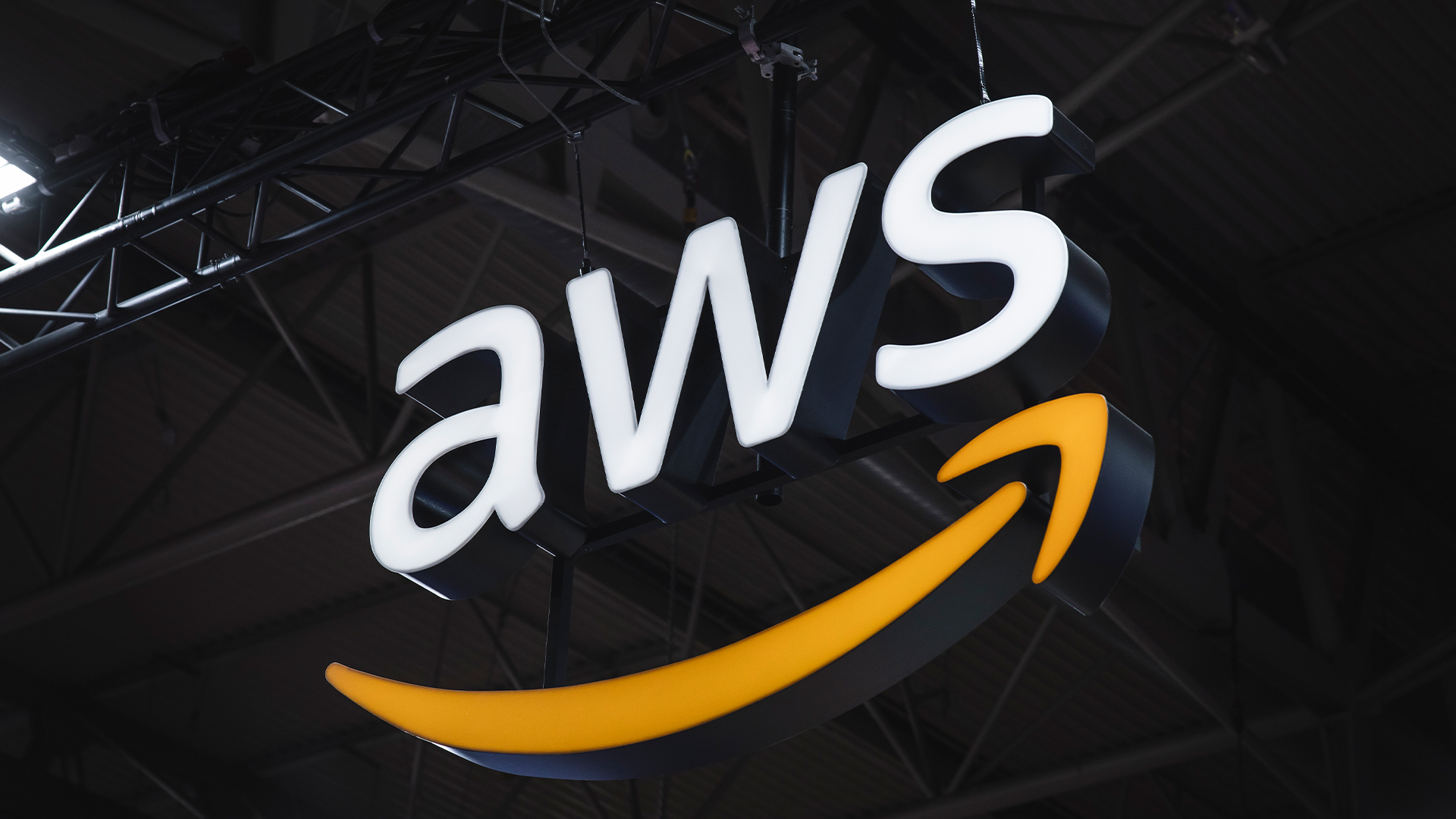 AWS eyes ‘flexible’ data center expansion with $11bn Georgia investment
AWS eyes ‘flexible’ data center expansion with $11bn Georgia investmentNews The hyperscaler says the infrastructure will power cloud computing and AI growth
By Nicole Kobie
-
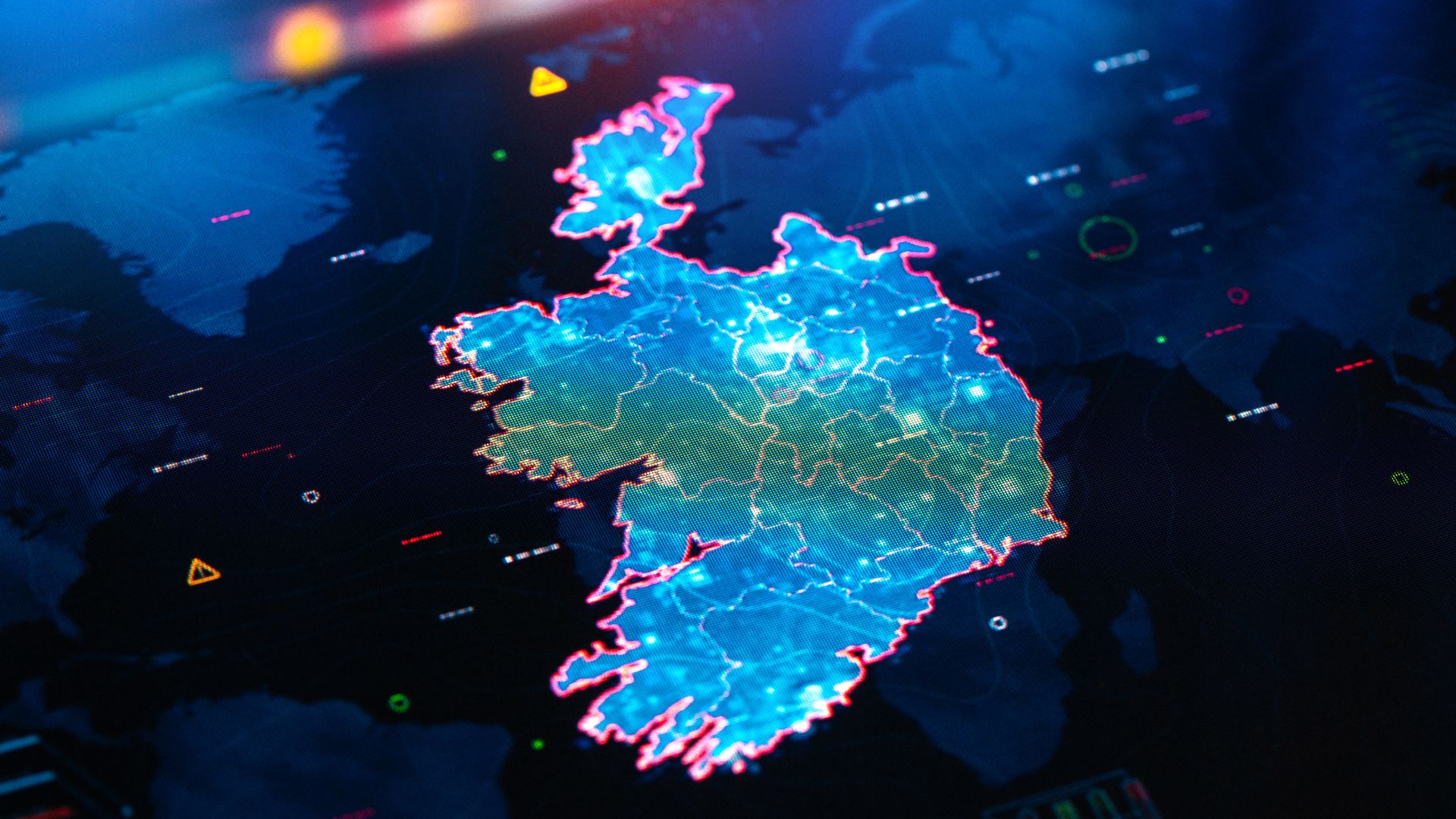 Ireland has become a “data dumping ground” for big tech
Ireland has become a “data dumping ground” for big techThe sharp increase in data center projects may be threatening Ireland's net-zero aspirations
By Nicole Kobie
-
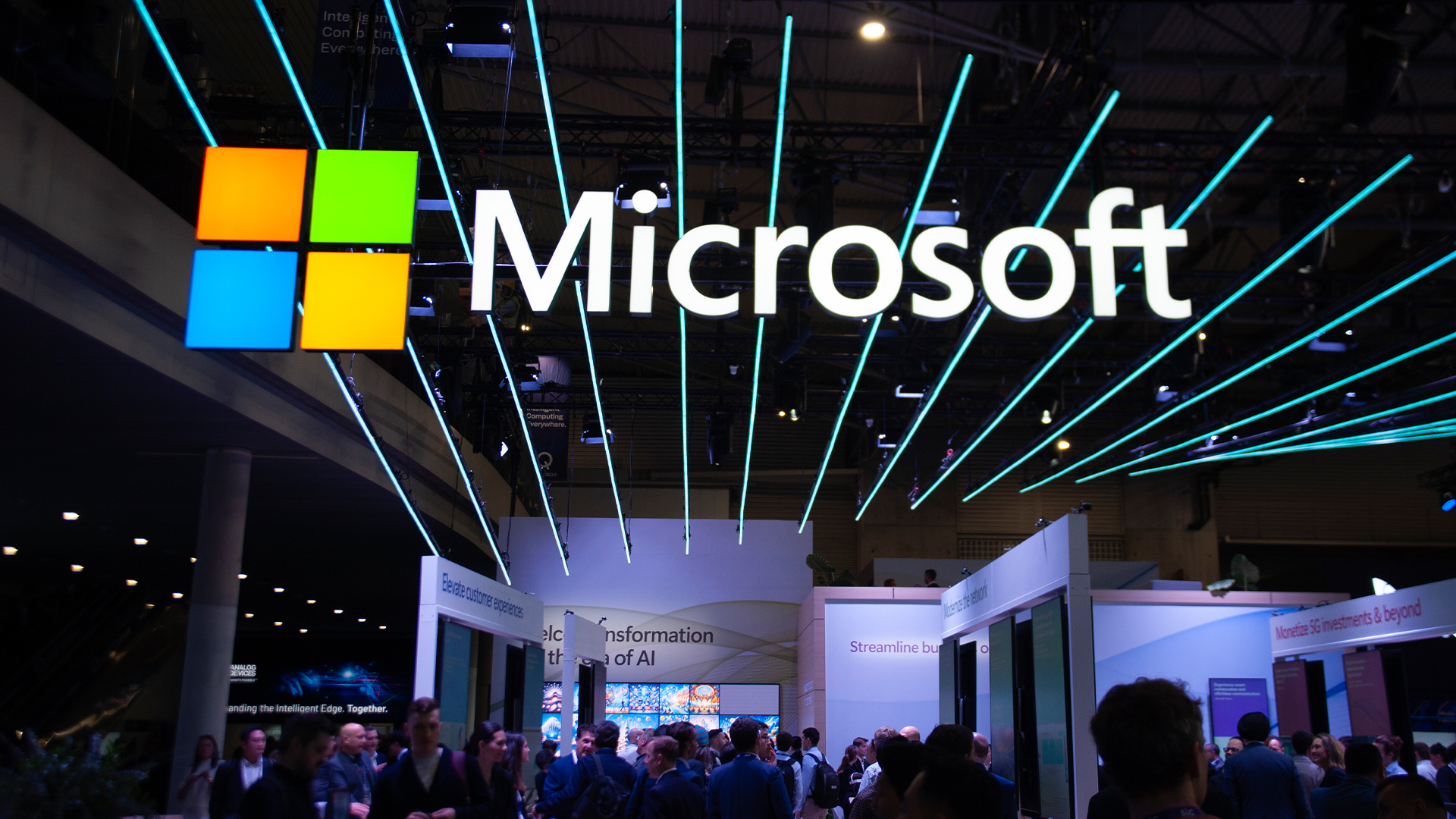 Data center water consumption is skyrocketing, but Microsoft thinks it has a solution – the company's new closed-loop cooling system consumes zero water and could save millions of liters per year
Data center water consumption is skyrocketing, but Microsoft thinks it has a solution – the company's new closed-loop cooling system consumes zero water and could save millions of liters per yearNews Microsoft has revealed fresh details on its 'closed-loop' data center cooling system, which it says uses zero water.
By Solomon Klappholz